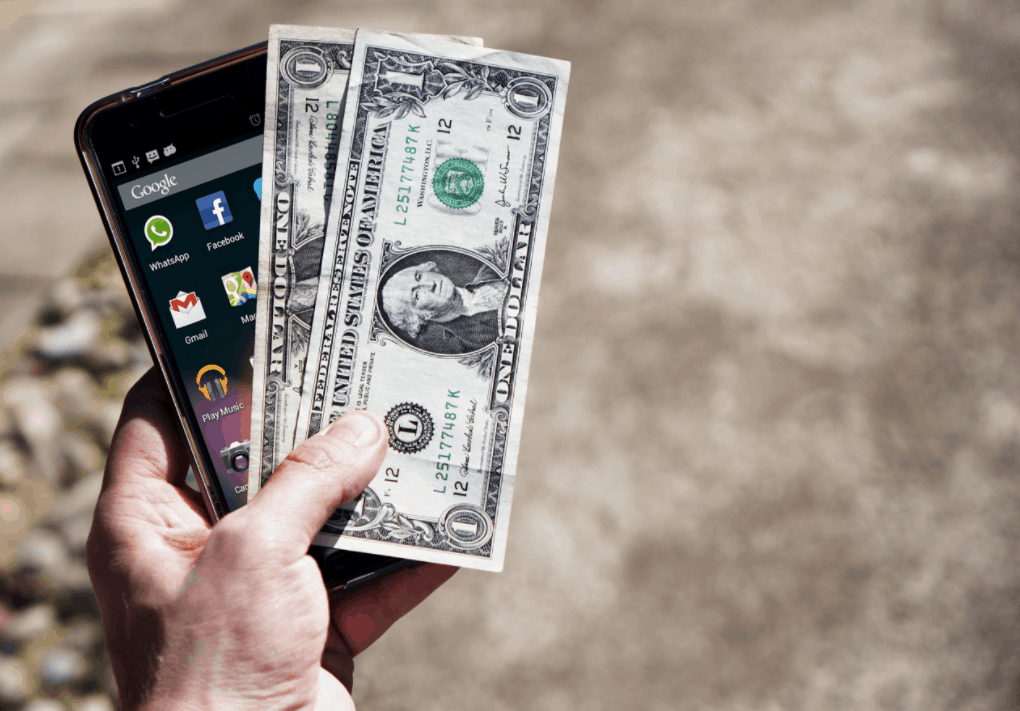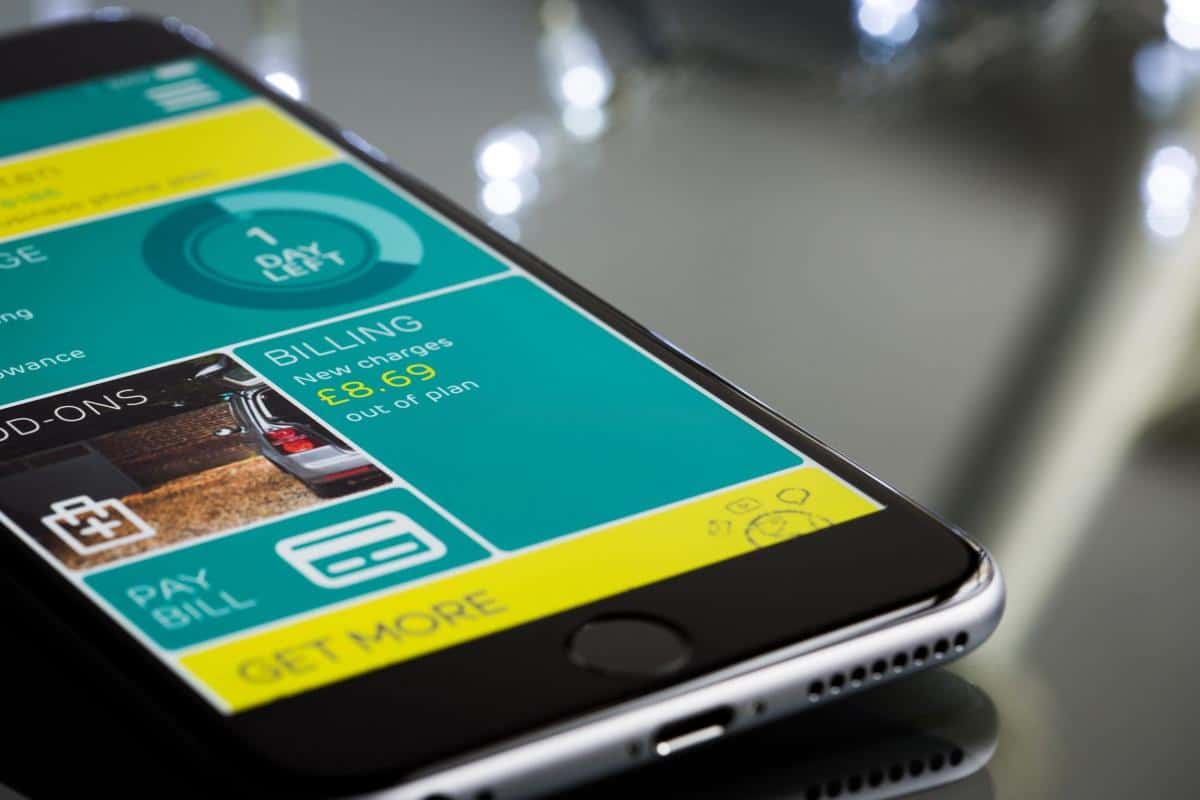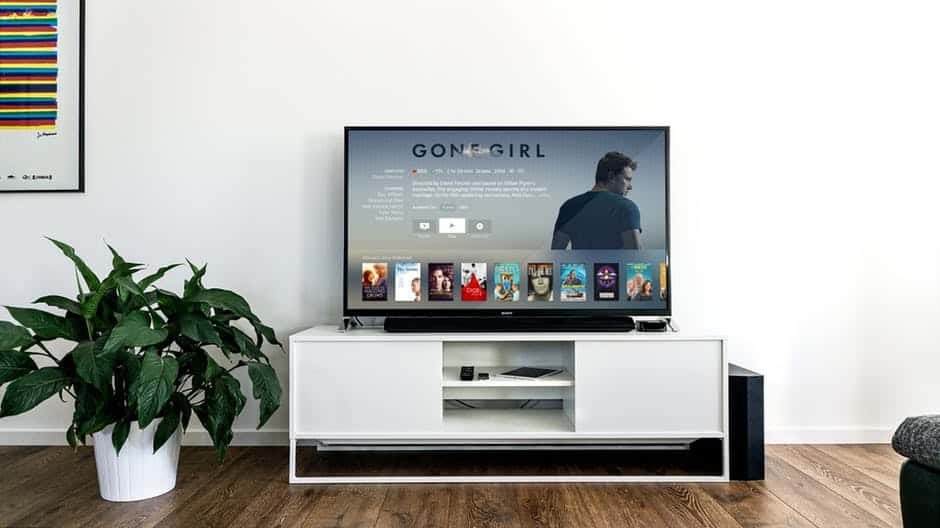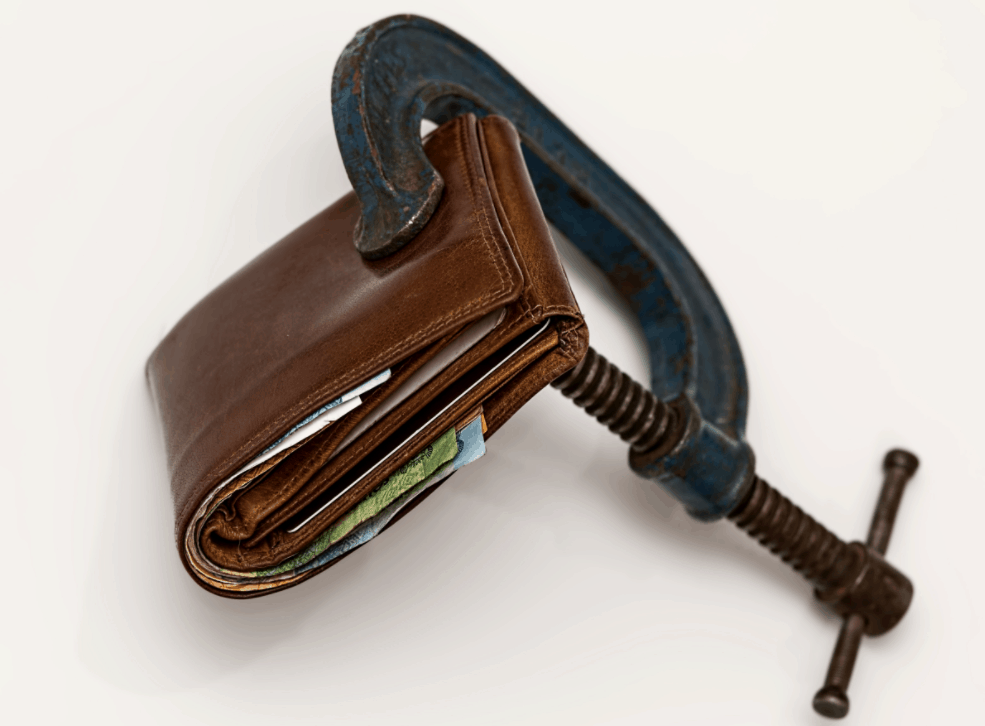Don’t just hustle, be smart.
The number of things we have to pay for can seem never ending, especially in a place like Singapore, where inflation seems constantly on the rise. Between keeping up with fashion trends, hanging out at hipster cafes, catching up with friends over some drinks, along with the price hikes in our water, electricity and even baby milk formula, now more than ever we need to take control of our personal finances.
None of us would complain about having more money. And the formula to it is simple – spend less, save more. But of course, this is much easier said than done. Not all of us have the capacity to take on a second job and hustle on the side. If you live from paycheck to paycheck and find yourself constantly wondering where all your money is going, here are some life hacks that you could apply to help you save more money.
Record Your Expenditure
A good formula for confusion and regret is when you spend your paycheck on things that you can’t even remember buying. So whether you write it out on a notebook, type it in a spreadsheet or use a spending tracker app, the main point is to keep a record of all the money that you spent. This way, you will be able to easily tell how much you’re spending on essentials and nonessentials – things like entertainment and dining out for example.
Once you discover the honest truth about your spending habits, you have two options. One is to feign ignorance and continue with destructive ways, or to acknowledge where you need to make amendments to your areas of spending and implement the necessary changes. Keeping a record of your expenditure is just a piece of the puzzle. It’s what you choose to do next that matters most.
Forgo Your Morning Starbucks Coffee
As hard as it might be to give up your morning $4 latte, the savings will be significant if you choose to brew your coffee at home. Granted, you might need to invest in a bean grinder and coffee machine to get a quality cuppa, but it will definitely save you money in the long run.
David Bach, the notable financial author calls this “The Latte Factor”. Basically, the idea is to look at the small things you spend your money on everyday. If you give up your $4 coffee, you would be able to contribute quite a bit more to your savings – almost $30 a week and $120 a month. This applies too if you’re buying a daily bagel or smoothie. The point is if you engage in the habit of spending unnecessarily each day (even if it’s just a few bucks), that money’s better off going into your savings.
Pack Lunch To Work And Take Breakfast At Home
Relevant to the above, if you are used to heading out for lunch everyday (perhaps even lunch and breakfast), those bills are bound to add up quickly. The more food you are able to make at home, the smaller your food expenses will be. Plus, homemade meals are usually much healthier than eating out and you also remove the daily stress of deciding what to eat.
You might hold the impression that preparing your own daily meals is a big hassle. The trick is to do your preparation and cook larger quantities over the weekend. Spend a few hours in the kitchen on Sunday and you’ll have a full week’s worth of meals. Don’t believe me? Just look up the internet for weekly meal prep ideas such as this. It does take some effort to plan and prepare your meals ahead, but once you get into the habit of things it will become much easier.
Go Grocery Shopping With A Full Tummy
Science has proven that going grocery shopping while you’re hungry is not a good idea. According to a research by University of Minnesota, those who went shopping hungry spent 64% more than their counterparts who were less hungry. On top of that, hungry shoppers found high-calorie food more tempting than usual. The kicker is this: it not only applies to cases such as grocery shopping, but to any type of shopping!
Hunger triggers humans to not only acquire food, but also items that cannot satisfy hunger. Researchers found that although the desire for inedible items increased, it does not mean that we like the items any more. This means that being hungry will make you more likely to pull out your cash, even for things that you aren’t crazy about! So do your shopping at less vulnerable hours such as after lunch, or at least have a snack before stepping into the mall. You know, just to keep yourself from going out of control.
Use Cash Only
Research have shown that people spend much more by using credit cards instead of cash. Going cash-only forces you to become conscious about what you pay for. Rather than blindly swiping your card, cash gives you a short window of time to decide if the purchase is really worth it. You withdraw a certain amount of money and gradually watch it dwindle. As humans, we have a primal instinct that causes us to be more motivated by losses than by gain. So each dollar that you spend, it will cause you pain. And in this case, the good kind of pain.
Ramit Sethi, financial advisor and New York Times bestselling author, teaches us to use the Envelope System. Basically, decide how much to spend in major categories each month e.g. groceries, eating out, entertainment. Withdraw the amount that you need and place the cash in the envelope of each category. You are allowed to make transfers from one envelope to another, but when you’re done for the month, it means you’re done.
Ramit is also realistic about this approach. The fact is that we can’t just use cash forever – it’s not a smart financial move in the long run, and credit cards can be useful if you know how to use them responsibly. The point of going cash-only isn’t to save hundreds of dollars, but to make yourself be conscious of what you are overspending on and adjust your expenses accordingly.
Take Full Advantage Of Happy Hours
The suggestion earlier was to prepare your breakfast and lunch at home, but you don’t have to fully deprive yourself of hanging out with your friends for a meal and some drinks. Wherever possible, take advantage of happy hours and promotions at bars and restaurants. For eating out, you can find many hot deals and check out which restaurants are having promotions here.
Just because you are on a quest to save more money, it doesn’t mean that you have to cut off your social life completely. You can still hang out, have fun and enjoy great drinks and food options without burning a hole in your wallet.
Set Up Automatic Payments
Most of our bills today can be paid online, and many of the local banks let you pay bills automatically at no extra cost. Automate your finances for fixed expenses such as Netflix, phone bills and insurance so you never miss a payment and you don’t have to think about them every month. For an extra peace of mind, you could even set up your payments to be right after your pay day (provided your bills are not due before then). This way you will truly be able to not worry at all, because whatever that is left over in your account is yours.
Stream Videos Instead Of Paying For Cable TV
With how busy people are these days, how much time do we spend in front of the TV? Is paying for monthly cable justifiable when we can now stream shows by paying a reasonable monthly fee? In a digital trend named “cord-cutting”, many users are now cancelling their cable subscription to hop over to internet streaming services such as Netflix, iTunes and Amazon Prime.
Seeing how internet content is way cheaper than the same content provided over cable TV, it isn’t surprising to see why this trend is picking up. According to a research by Leichtman Research Group, the average monthly bill for cable TV is a whopping $103.60. That’s a lot compared to a $10.98 monthly bill for Netflix.
Control Your Shopping
Singaporeans love shopping. In fact, we are the top online spenders in Southeast Asia. In order to save more money in this aspect, it is crucial we find ways to cut back on unnecessary shopping. Whenever you come across a product that catches your eye, ask yourself five questions: “Do I need it? Is it a need or a want? Do I see myself using it? How often? Will it still make me happy a few weeks/months/years down the road?”
Another way is to practice delayed gratification. For example if you fall in love with something online, bookmark the page and come back to a few hours later. And then a day later. And then three days later. Each time, gauge how excited you feel about the item. Does your interest stay the same? Or does it decline? The point here is to avoid impulse buying and if possible, diminish the urge completely.
Have “No Spending” Days
Once a week, challenge yourself to not spend a single cent. Ramit Sethi writes that even if we don’t open up our wallets, technically we are still spending money on things like insurance and subscriptions. That’s even more of a reason to set aside no spending days, so that we can actively control our money.
Do some preparation before the designated day to stock up on essential items such as gas (if you drive) and groceries. If you’d like to kick it up a notch, you could even do a no-spend week! Watch how these ladies found it much easier to not spend as much money over the course of the week once they gave up bad spending habits.






























